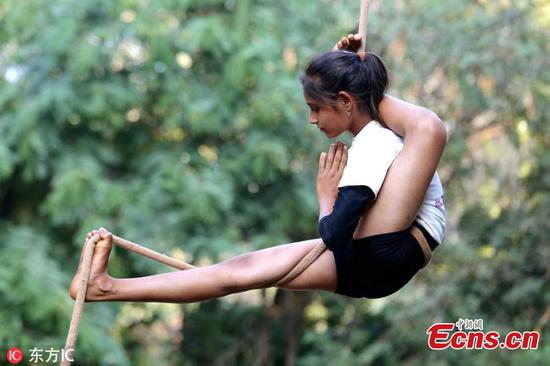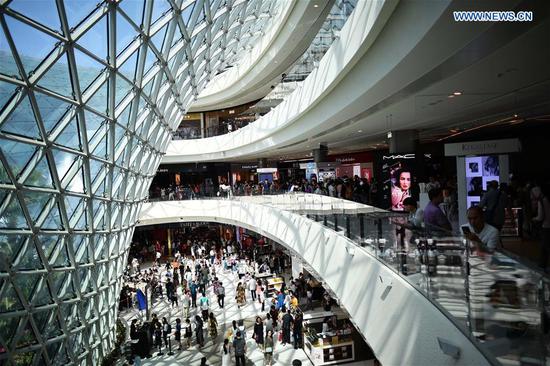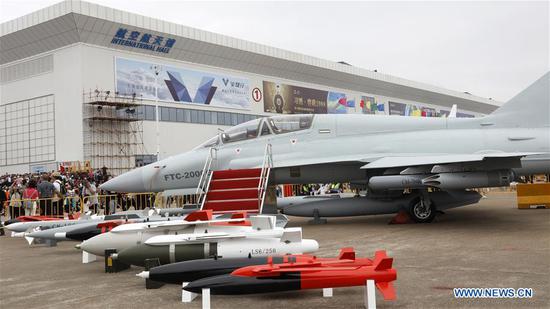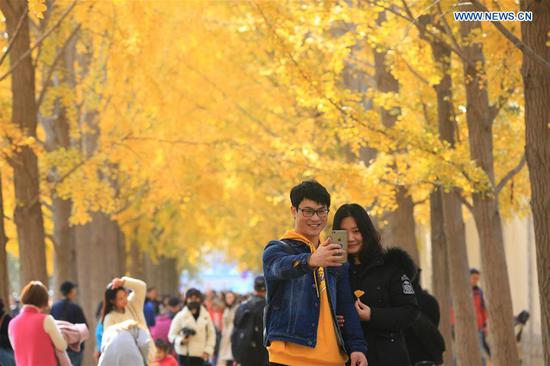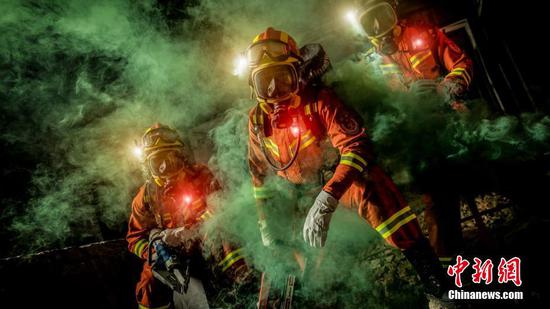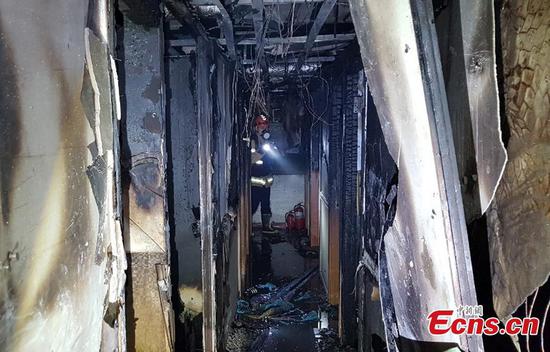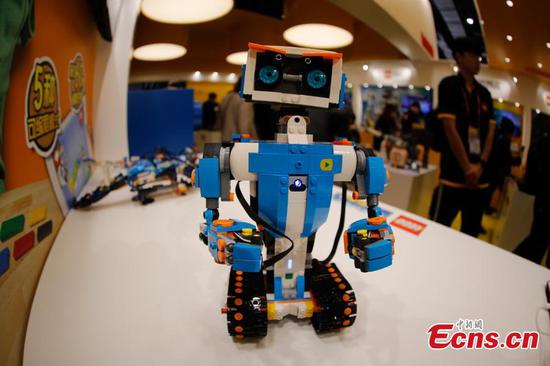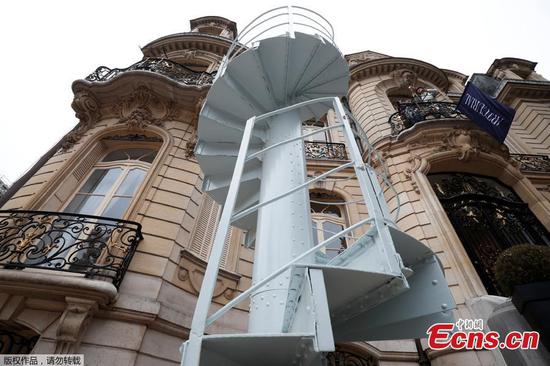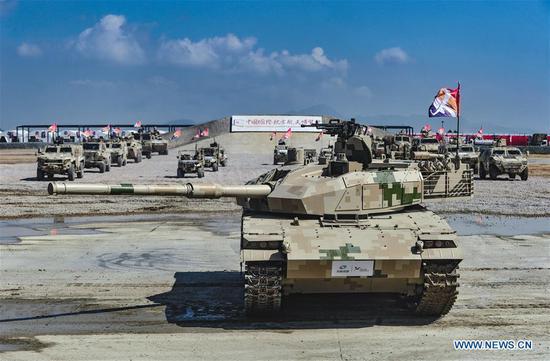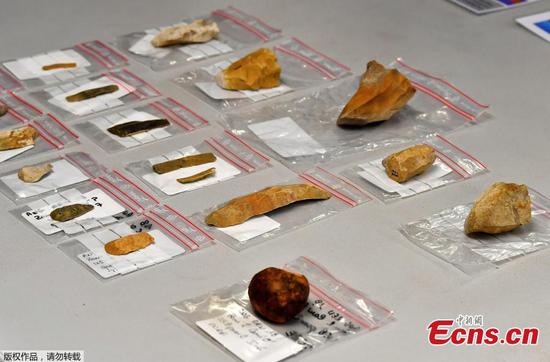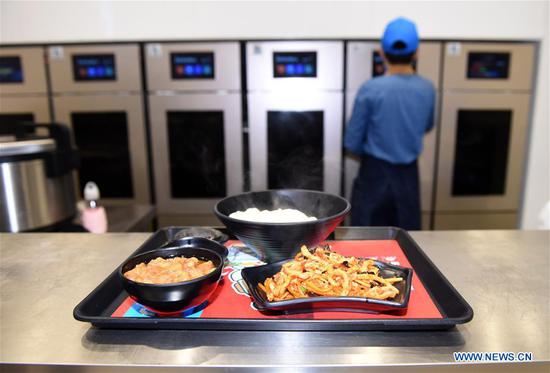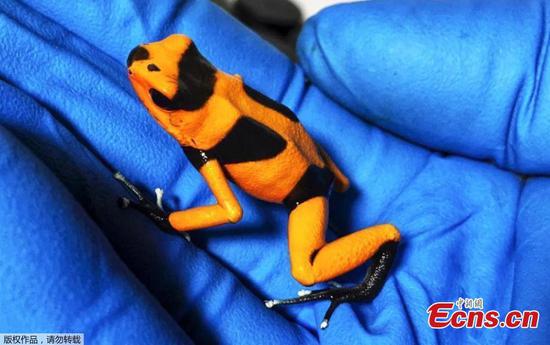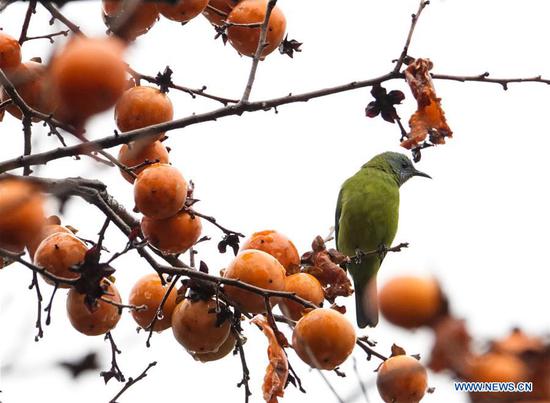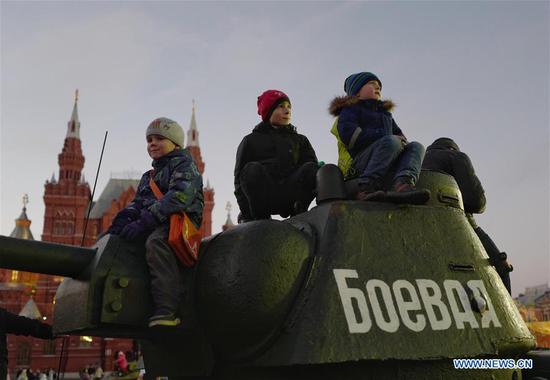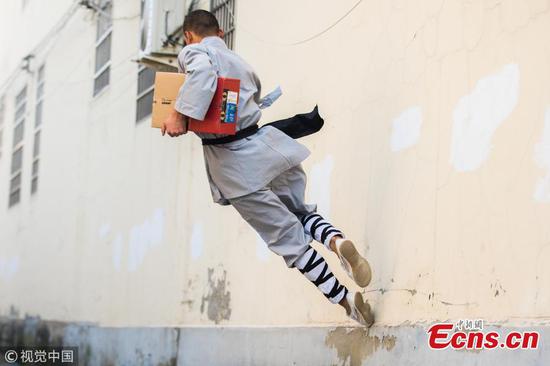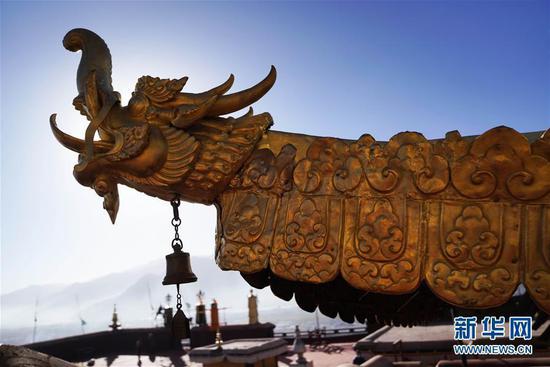A joint lab established by the Shanghai International Studies University (SISU) and China's largest voice recognition company iFlytek has conducted research into integrating artificial intelligence with human translation, and the results have been encouraging.
Founded in October 2017, the lab determined that using the AI system developed by iFlytek to assist with human efforts improved translation accuracy from 88 to 97 percent. The use of this technology also reduced translators' workloads by 20 percent.
Liu Qingfeng, chairman and CEO of iFlytek, noted that while the quality of machine-only translation has improved in recent years, AI is still limited to making literal translations. As such, humans are still an important factor in the translation process as they can identify the nuances and read between the lines.
"AI is believed to be the technology that would have the greatest impact on our lives in the coming decades, and one of the most important revolutions to take place is the interaction between human being and computer," said Liu.
Hannalore Lee-Jahnke, a professor with SISU, noted that it is important to carry out more interdisciplinary cooperation between AI and any type of higher education institute, organization and industry as current systems are still in a nascent stage.
"Regardless of whether we understand, are interested in or accept this new technology, AI is already influencing our lives in many ways. To ensure that you do not get beaten by the machines, you would first have to be armed with skills that machines do not have," said Jiang Feng, Party chief of SISU.










